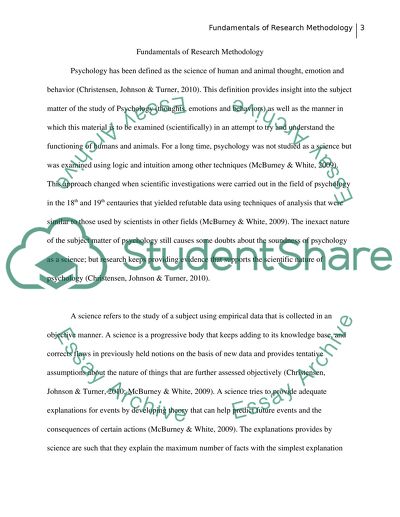Cite this document
(“Fundamentals of Research Methodology Essay Example | Topics and Well Written Essays - 1000 words”, n.d.)
Retrieved from https://studentshare.org/psychology/1450537-fundamentals-of-research-methodology
Retrieved from https://studentshare.org/psychology/1450537-fundamentals-of-research-methodology
(Fundamentals of Research Methodology Essay Example | Topics and Well Written Essays - 1000 Words)
https://studentshare.org/psychology/1450537-fundamentals-of-research-methodology.
https://studentshare.org/psychology/1450537-fundamentals-of-research-methodology.
“Fundamentals of Research Methodology Essay Example | Topics and Well Written Essays - 1000 Words”, n.d. https://studentshare.org/psychology/1450537-fundamentals-of-research-methodology.


